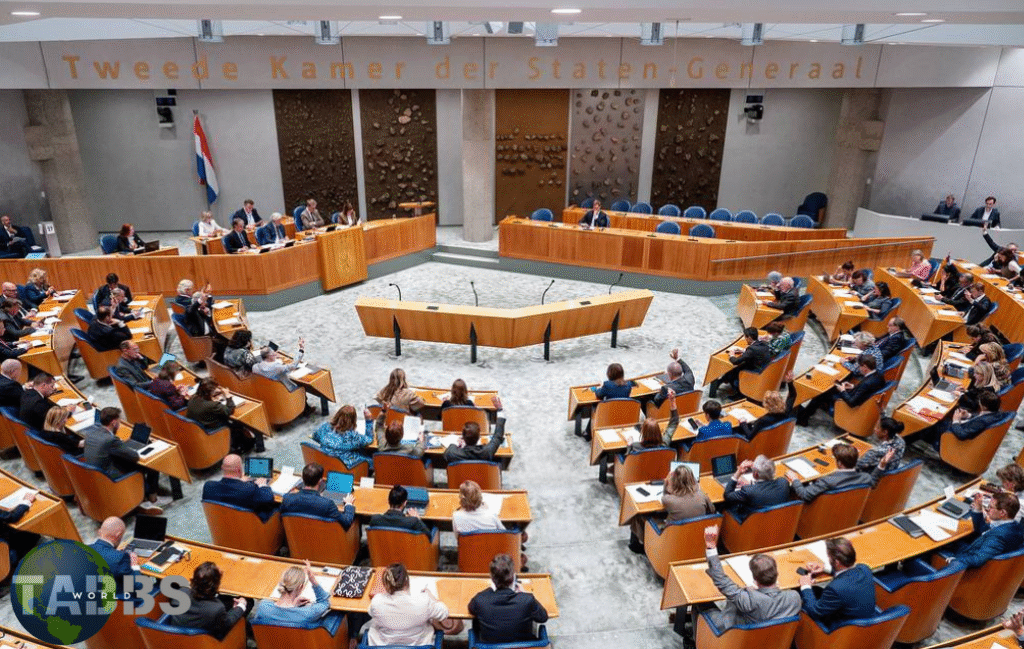Climate change, a term often heard in today’s world, refers to long-term changes in temperature and weather patterns.
Although natural factors such as changes in the sun’s activity or volcanic eruptions can contribute to climate variability, human activity has emerged as the primary driver of climate change since the 1800s.
This blog aims to shed light on the causes and consequences of climate change, emphasize the importance of collective action and explore possible solutions.
Causes of climate change:
The burning of fossil fuels, including coal, oil and gas, is a major source of greenhouse gas emissions, primarily carbon dioxide (CO2) and methane (CH4). These emissions act as a blanket, trapping the sun’s heat and increasing temperatures.
Other activities such as deforestation, agriculture, oil and gas operations, and land use changes also contribute to greenhouse gas emissions.
Sectors such as energy, industry, transportation, buildings, agriculture and land use play a major role in driving these emissions.
Human Impacts:
Climate scientists have proven that humans are responsible for nearly all of the global warming over the past two centuries.
Emissions of greenhouse gases from human activities have accelerated global warming, resulting in an average temperature rise of about 1.1°C since the late 1800s.
This increase is greater than any observed in the last 100,000 years.
The consequences of this warming trend are far-reaching and include severe droughts, water scarcity, wildfires, rising sea levels, floods, melting polar ice caps, catastrophic storms, and declining biodiversity.
Effects on people:
Climate change affects many aspects of human life, including health, food production, housing, safety and employment.
Vulnerable populations, such as small island nations and developing countries, are vulnerable to climate impacts.
Rising sea levels and saltwater intrusion have forced communities to relocate, while prolonged droughts put people at risk of famine.
Future projections of “climate refugees” are expected to increase, prompting an urgent need for action.
The Urgent Need to Limit Global Warming:
Experts agree that global temperature increases should be limited to no more than 1.5°C in order to avoid the worst climate impacts and maintain a habitable planet.
However, current policies point to a temperature rise of 2.8 degrees Celsius by the end of the century.
This calls for urgent action to reduce emissions and transition from fossil fuels to renewable energy sources.
Responsibility and Collective Action:
Although greenhouse gas emissions come from all parts of the world and affect everyone, some countries contribute more than others.
The seven largest emitters accounted for nearly half of all global greenhouse gas emissions in 2020. There is a greater responsibility to work on this issue first.
Solutions and Frameworks:
Tackling climate change requires a multi-pronged approach that includes reducing emissions, adapting to climate impacts and providing the necessary financial support.
A transition from fossil fuels to renewable energy sources such as solar and wind power is essential.
However, significant reductions in coal, oil and gas consumption are needed to achieve the necessary reductions in emissions.
Adaptation measures are also essential to protect vulnerable communities and ecosystems.
while global frameworks and agreements such as the Sustainable Development Goals, the United Nations Framework Convention on Climate Change, and the Paris Agreement provide guidance and facilitate progress do.
Result:
Climate change presents a formidable global challenge with far-reaching impacts on ecosystems and human societies.
However, knowledge and solutions are already available to deal with this problem.
By taking urgent action to reduce greenhouse gas emissions, transition to renewable energy sources, and implement adaptation measures, we can mitigate the worst consequences of climate change.
Collective efforts, cooperation between nations, and individual contributions are key to preserving a sustainable and livable planet for future generations.
Together, we can create a brighter future.




One Comment